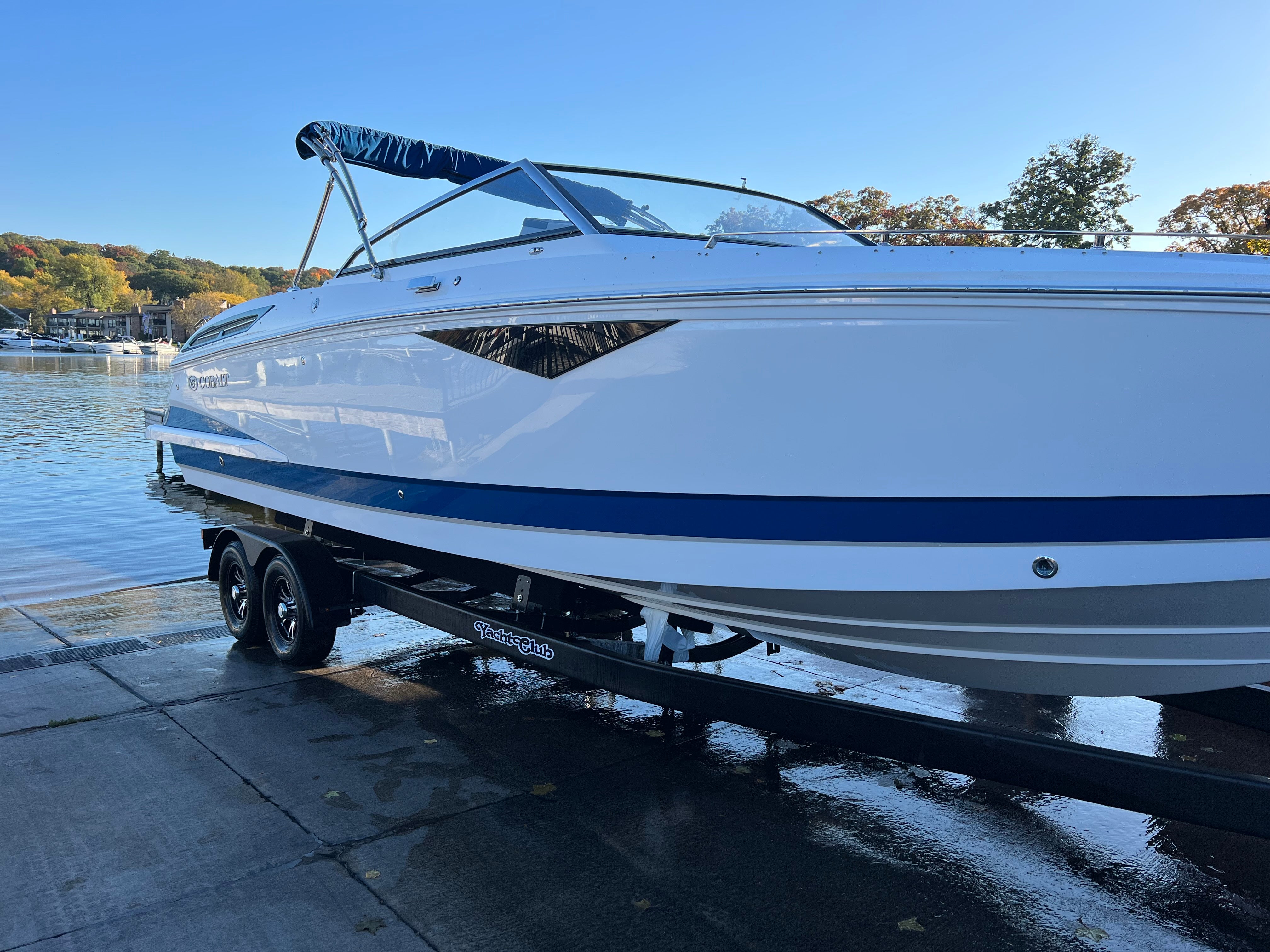Pre-trip Towing inspections are the most important safety precaution each of us can take. Maintenance is a priority when towing any item on the roadway. The National Highway Safety Administration reports approximately 50,000 accidents every year related to towing. Trailers are not required to be inspected like vehicles are in most states.
Are you aware of the maintenance schedule for your trailer.
Before Every trip the brakes should be checked for operation. For Surge brakes check the master cylinder level. Adjust brake shoes and drums as necessary. Check for wear or damage safety chains and hooks. Check your coupler for cracks, pits, and flats. Locking mechanism for hitch ball for wear. Your ring and pintle should be checked for cracks or wear. Tire pressure when cold should be inflated as needed. Cracks or damage to tire tread. Wheels & lug nuts for tightness. Best practice is to check torque after your first 10-50 miles of towing.
Every month pivot points and any hydraulic cylinder ends if equipped should be properly lubed.
After a year or 12,000 miles towing time:
| Brakes, all types |
- Check for Scoring & Wear - Replace if needed |
| Jack, Drop Leg | - Grease top gears |
| Structure- Frame, Welds, Axles, Ramps, Gates | - Inspect frame members, bolts, & rivets. Repair or replace damaged, worn, or broken parts |
| Wheels- Bearings, Rims |
- Inspect for out of round, cracks, dents replace if needed -Repack Bearings |
| Axles |
- check trailer alignment -check tires for wear marks |
In addition to the above table trailer Hubs should be checked every 2,000 miles. The bearings inside of the hub are responsible for reducing friction between the wheel and wheel assembly. One for sure sign is brakes dragging.
Brakes should be adjusted after the first 200 miles of use then at every 3,000 mile interval following. Some trailers are self adjusting and do not need adjustment.
When checking alignment measure from the center of the ball to each spring hanger point on the trailer to be sure it is square. Adjust as needed. For tandem trailers use a straight edge across both tires to check for gaps.
Never overload your trailer, be sure to check your trailers GVWR minus the weight of your trailer empty to know what Capacity your trailer will hold. This information can be found on the VIN sticker or contacting your trailer manufacturer.

